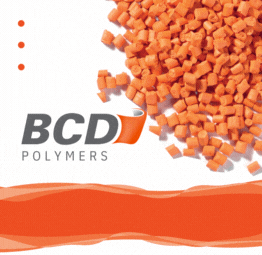From anti-bacterial vinyl flooring in hospitals to cleaning equipment and packaging for soaps, disinfectants, and food, plastics are needed to help to fight the pandemic. Especially plastic packaging is extremely important to secure the functioning of our supply chains for food and other essential goods that could have been broken up during this crisis. In additional efforts, companies not previously involved in the manufacture of personal protection equipment or medical devices are changing their production lines to provide these much-needed goods.
The plastics converting industry composed of 50.000 SMEs, like all other industries, is currently working with all its strength to mitigate the effects of this unprecedented crisis. Industry and authorities need to direct their full attention to the management of the crisis and put on hold all inessential activities to concentrate on the health and safety of the European citizens in the next 12 months and rebuild what needs to be rebuild after the crisis.
“This is also the reason why EuPC, in a recently published open letter sent to the European Commission, advocated that the implementation of the Single-Use Plastics Directive as well as any non-essential regulatory initiatives in the Member States should be put on hold until the situation in Europe has normalised. The industry now needs this stability to be able to continue all its efforts to fight the pandemic and avoid bankruptcies and job losses.” Explains EuPC Managing Director Alexandre Dangis, who was interviewed on the 14th of April by international TV stations. Watch his full interview here.
The plastics converting industry in Europe will continue its transition to a circular economy that has been institutionalised in the Circular Plastics Alliance. Nevertheless some flexibility in achieving some deadlines by 2025 need to be considered during this COVID-19 crisis.


